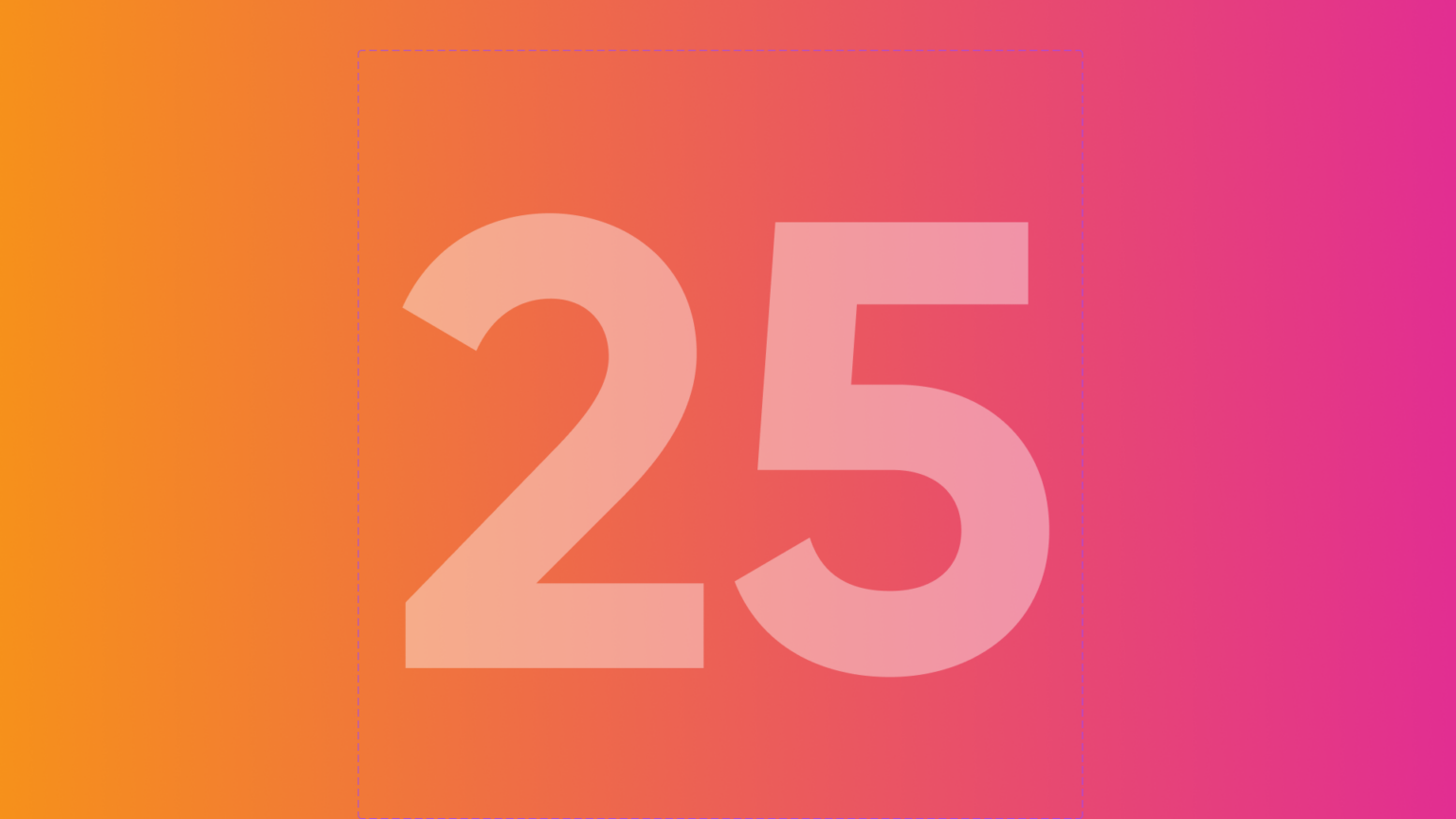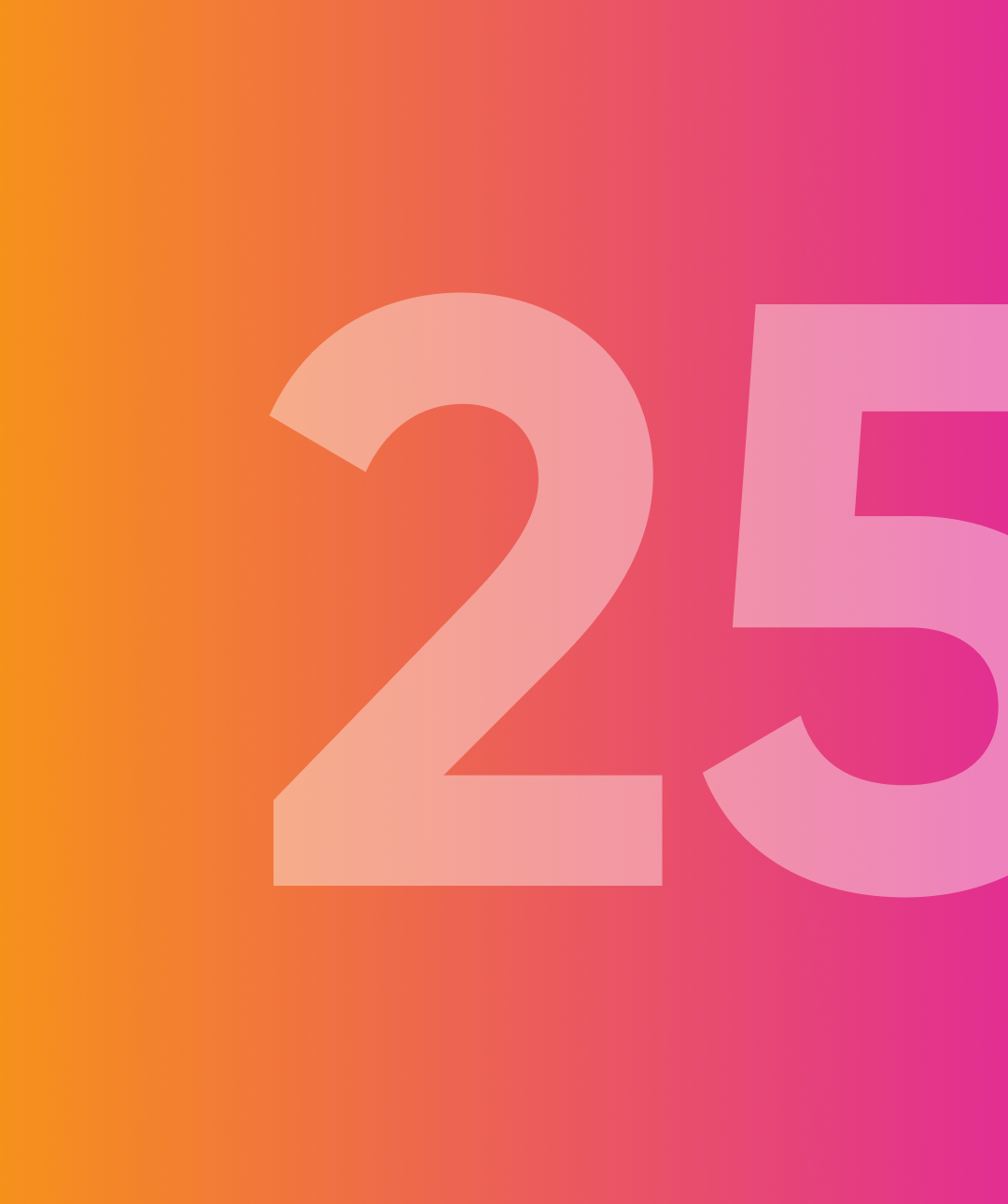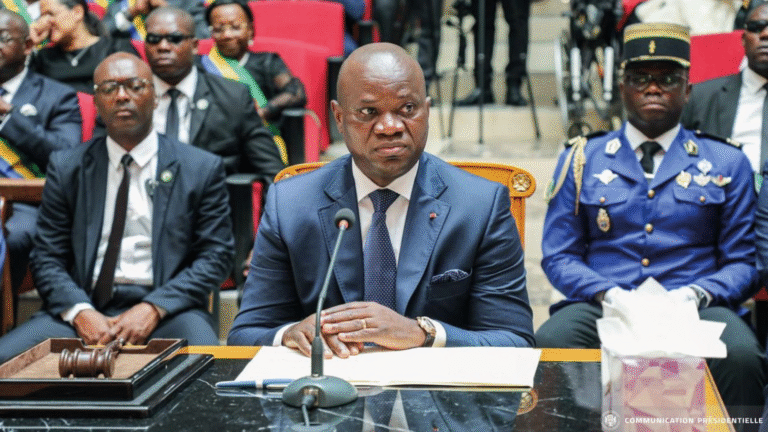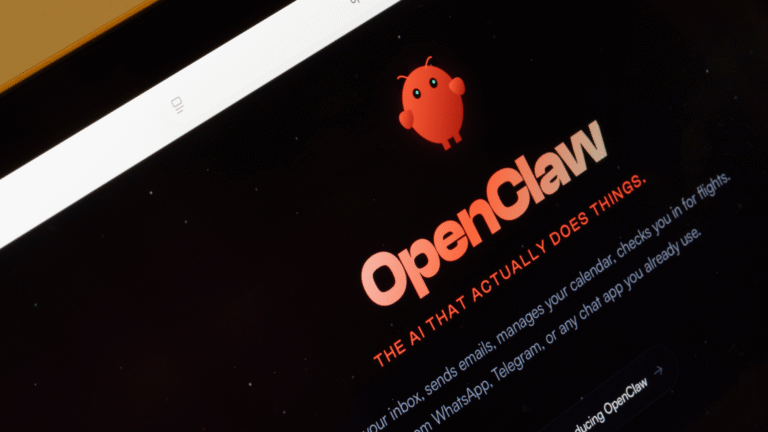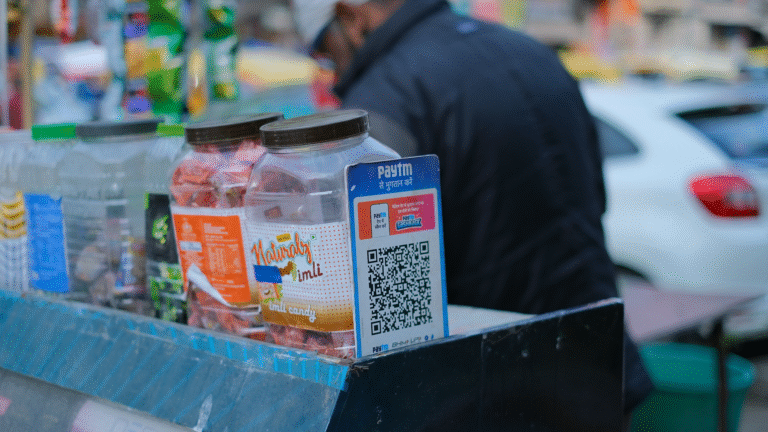The Financial Freedom Report is a newsletter focusing on the role currency and banking play in the civil liberties and human rights struggles of those living under authoritarian regimes. We also spotlight new tools and applications that can help individuals protect their financial freedom.
Good morning, readers,
In Hong Kong, officials launched a pilot program for China’s central bank digital currency (CBDC), the e-CNY, marking its first expansion beyond the mainland. But even under duress, adoption remains limited as many Chinese workers are quickly converting their e-CNY for traditional currency, emphasizing their distrust of centralized digital currencies.
Meanwhile, in Nigeria, a court upheld a regulation requiring banks to collect customers’ social media accounts as part of their Know-Your-Customer (KYC) procedures. This will make it easier to unbank individuals critical of the government. In Zimbabwe, the aggressive enforcement of the new ZiG currency led to arrests and the freezing of bank accounts. This comes as the regime struggles to enforce the adoption of its sixth currency in just 16 years.
In the world of open-source news, the Bitcoin Policy Institute launched a Peer-to-Peer Rights Fund. The initiative aims to support Bitcoin’s decentralized nature by defending non-custodial tools and open-source developers. As governments intensify their efforts against financial privacy, efforts like these will be an important civil society response.
We end with two guides on using Bitcoin in adversarial environments. First, an article outlining seven tips for safeguarding Bitcoin while traveling. Second, best practices for securely swapping fiat currency for BTC and vice versa. These insights are invaluable for anyone using and moving their Bitcoin across borders and under duress.
Now, let’s dive right in!

Hong Kong | Deploys Pilot for Digital Yuan CBDC
Hong Kong officials deployed a pilot program for China’s tightly controlled digital yuan (e-CNY) central bank digital currency (CBDC), marking its first expansion outside the mainland. Despite China’s push for CBDCs, privacy concerns and a lack of trust have led many Chinese workers to hastily exchange their e-CNY for traditional currency as soon as they are paid in the CBDCs. While only a small minority of Chinese citizens have actually opted to use CBDCs, interest in open-source financial solutions is thriving. This was exemplified by the strong attendance at the recent Bitcoin Asia conference, where more than half the attendees arrived from mainland China to learn more about financial freedom through Bitcoin.
Nigeria | Financial Institutions Require Customer Social Media Handles
In a draconian new verdict, the Federal High Court of Lagos upheld a Central Bank of Nigeria (CBN) regulation requiring financial institutions to collect customers’ social media handles as part of their Know-Your-Customer (KYC) procedures. Justice Nnamdi Dimgba argued this new regulation doesn’t breach citizens’ privacy rights, likening it to collecting email addresses and phone numbers for verification. This verdict triggers concerns over increased surveillance and the potential targeting and harassment based on an individual’s online activity. With Nigeria’s central bank’s digital currency, the e-naira, already in public use, this new verdict could lead to more Nigerians being debanked and their funds frozen based on their online speech, further restricting the little freedoms they have today.
Zimbabwe | Currency Enforcement Leads to Frozen Bank Accounts
In Zimbabwe, President Emmerson Mnangagwa’s aggressive enforcement of the newly launched ZiG (Zimbabwe Gold) currency led to the arrests of 224 money changers and the freezing of 90 bank accounts. This comes in response to adoption difficulties faced since launching the ZiG currency last month. Public distrust in ZiG forced merchants to conduct business in US dollars, while the black market exchange rate climbed to nearly double the official rate. While the regime views money changers as threatening economic recovery and stability, these individuals provide vital services to Zimbabweans constricted by an unstable currency and offer access to more stable currencies, such as the USD. They help preserve a sense of financial freedom for citizens caught in a failed and fabricated economic environment.
Pakistan | Protests Over Rising Prices Turn Violent
Grappling with an acute economic crisis and the highest cost of living in Asia, residents of Pakistan-held Kashmir took to the streets to protest their frustration over the rising costs of food, fuel, and utility bills. In response, officials agreed to lower the price of electricity and wheat, leading to rallies being called off, but not before the demonstrations turned violent. These protests symbolize Pakistanis’ discontent with the social and financial instability brought about by a corrupt, partly authoritarian regime. Sadly, Pakistan’s financial fate will likely worsen with the country seeking at least $6 billion from the International Monetary Fund (IMF) later this year. With the regime already burdened with allocating half its budget to servicing its debt, the loan will require major structural reforms that will undemocratically further deplete the power of Pakistani wages and currency.
Cambodia | Opposition Leader Charged for Criticizing Ruling Regime
In Cambodia, the ruling regime charged the leader of a recently formed opposition party, the Nation Power Party, Sun Chanthy, with inciting social disorder. The regime is threatening Chanthy with a potential two-year prison sentence simply for criticizing the government. This is the third legal action taken against critics of Prime Minister Hun Manet’s government this month, stressing the routine practice of using the judicial system to oppress political opposition leaders. The regime’s repressive practices against dissent, coupled with a central bank digital currency (CBDC) launched in 2020, may further strengthen the regime’s authoritarian control and add to a long history of human rights abuses.
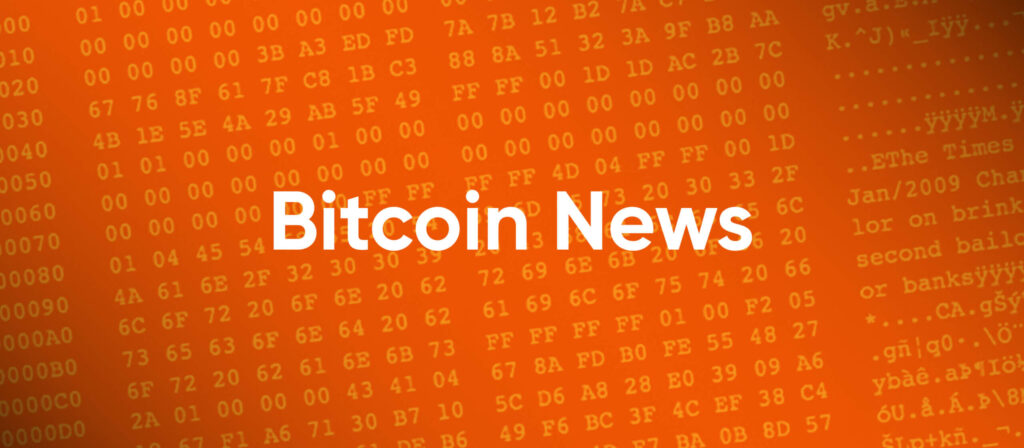
Bitcoin Policy Institute | Launches Peer-to-Peer Rights Fund
The Bitcoin Policy Institute announced the launch of the Peer-to-Peer Rights Fund. The fund’s mission is to “safeguard the decentralized, peer-to-peer integrity of the Bitcoin ecosystem by defending non-custodial tools and their developers from regulatory overreach.” Some developers of privacy technology now face major legal challenges and risks, and the impact of that extends globally, especially into authoritarian regimes, where millions of people rely on these tools. Initiatives like the Peer-to-Peer Rights Fund are essential for protecting financial freedom and privacy in today’s increasingly digital age. You can learn more and donate to the fund here.
Silentium | New Bitcoin Wallet With Silent Payments
Bitcoin developer Louis Singer unveiled Silentium, a new self-custodial and privacy-focused Bitcoin wallet with built-in silent payments. Silent payments (BIP 352) allow Bitcoin senders to generate a unique address for each transaction while using a static public key from the receiver. This reduces the traceability of Bitcoin addresses. The wallet uses compact block filters to discreetly retrieve unspent transaction outputs (UTXOs) and transactions, ensuring that no tracking or analytics compromise user privacy. For now, Silentium is available as a progressive web application and could potentially serve as a useful tool for activists seeking enhanced privacy in their Bitcoin transactions. You can test it out here.
Bull Bitcoin | Unveils New Bitcoin Mobile Wallet
At the Canadian Bitcoin Conference in Montreal, Bull Bitcoin CEO Francis Pouliot introduced a new mobile Bitcoin wallet under development. The wallet will support atomic swaps across Bitcoin, Lightning, and Liquid networks by creating two wallets during setup: a “Secure Bitcoin Wallet” for on-chain transactions and an “Instant Payments Wallet” for Liquid Network transactions (both backed up by a single mnemonic seed phrase). The wallet will also include advanced features such as fee estimation, Replace-By-Fee (RBF), coin selection, and passphrases. The wallet’s functionality, paired with its open-source and non-custodial nature, has the potential to provide Bitcoin users yet another option to secure financial autonomy.
Blue Wallet and Cake Wallet | Integrating Silent Payments
Blue Wallet revealed its latest endeavor to incorporate silent payments (BIP 352) to boost transaction privacy. Similarly, Cake Wallet has added silent payments to its beta app for user testing. Silent payments, again, is a static address protocol for Bitcoin that allows transaction senders to generate unique addresses from a receiver’s static public key. This feature is particularly beneficial for organizations receiving donations that need to be obscured for safety reasons, such as NGOs in surveillance and authoritarian environments. For those interested in learning more about silent payments, privacy advocate Seth For Privacy launched a comprehensive guide here. HRF launched a bounty for this kind of Bitcoin functionality last summer, so we’re thrilled to see this progress today.
bitcoin++ | Bitcoin Developer Conference
From October 10-12, Bitcoin developers worldwide will be convening in Berlin, Germany, for the bitcoin++ conference to learn about ecash and discuss its potential to transform peer-to-peer transactions. The event will explore the integration of ecash with Bitcoin, highlighting its anonymous, fast, and open-source attributes. To learn more or buy tickets, please visit: https://btcplusplus.dev/conf/berlin24
IBEX Pay | Services Suspended in the US
Bitcoin payment provider IBEX Pay announced the suspension of all their services in the US effective May 31. Known for facilitating Bitcoin transactions via the Lightning Network, IBEX Pay has been a key player in bridging the gap between traditional financial institutions and the world of Bitcoin. The withdrawal comes amid increasing regulatory scrutiny in the US and follows similar actions taken by Phoenix and Wasabi Wallet, who suspended their services after the indictment of Samourai Wallet co-founders earlier this month. The recent trend of service suspensions underscores the urgent need for decentralized solutions that provide greater financial freedom and resistance to centralized forces.
Recommended Content
Tips For Traveling with Bitcoin Keys by Stephen Hall
In a new Bitcoin Magazine article, Stephen Hall of Unchained Capital lays out seven safety tips for individuals to consider when traveling with Bitcoin. Hall advises travelers to consider the general atmosphere of their destination, carry only necessary wallets, avoid traveling with seed phrase backups, and create a decoy wallet to mitigate the risks of theft or coercion. He also recommends using a multisignature setup (where a wallet has multiple private keys) to reduce any single point of failure. Given that Bitcoin often serves as the primary means of preserving and transporting wealth during times of political and economic turmoil, understanding these safety measures will help ensure the protection of your Bitcoin. We recommend you read the full article here.
Peer-to-Peer (P2P) Trading Etiquette by Leo at Stacker News
In a post on Stacker News, Leo shares tips for proper etiquette (and safety) when conducting peer-to-peer (P2P) Bitcoin trades. He recommends meeting in public places (such as a library or your local Bitcoin meetup), exchanging Bitcoin for cash, communicating the exchange rate before meeting up, and ensuring the buyer covers network fees. He further suggests using the Lightning Network to avoid transaction delays or high fees. Lastly, Hall urges readers not to publicly announce P2P trades and recommends local Telegram groups or Bitcoin meetups to connect with potential trading partners. This is good basic knowledge for activists using Bitcoin in adversarial environments. Leo further encouraged readers to share their own P2P tips, which you can review here.
Oslo Freedom Forum | Reserve Your Spot
Human rights advocates from around the globe will take the Oslo Konserthus stage on June 3-5, 2024, to share their efforts to defy repression and speak out against injustice. This year’s theme, Reclaim Democracy, emphasizes the pivotal role every individual plays within the global movement for democracy. The Financial Freedom team is looking forward to creating a program track exploring the role open-source money plays in preserving our human rights and civil liberties. Use the code 2024OFF to get an early bird discount on your ticket.
If this email was forwarded to you and you enjoyed reading it, please consider subscribing to the Financial Freedom Report here.
Support the newsletter by donating bitcoin to HRF’s Financial Freedom program via BTCPay.
Want to contribute to the newsletter? Submit tips, stories, news, and ideas by emailing [email protected].
Purchase your ticket to the 2024 Oslo Freedom Forum, taking place June 3-5 in Oslo, Norway. Use the code 2024OFF to get an early bird discount.
The Bitcoin Development Fund (BDF) is accepting grant proposals on an ongoing basis. The Bitcoin Development Fund is looking to support Bitcoin developers, community builders, and educators. Submit proposals here.


